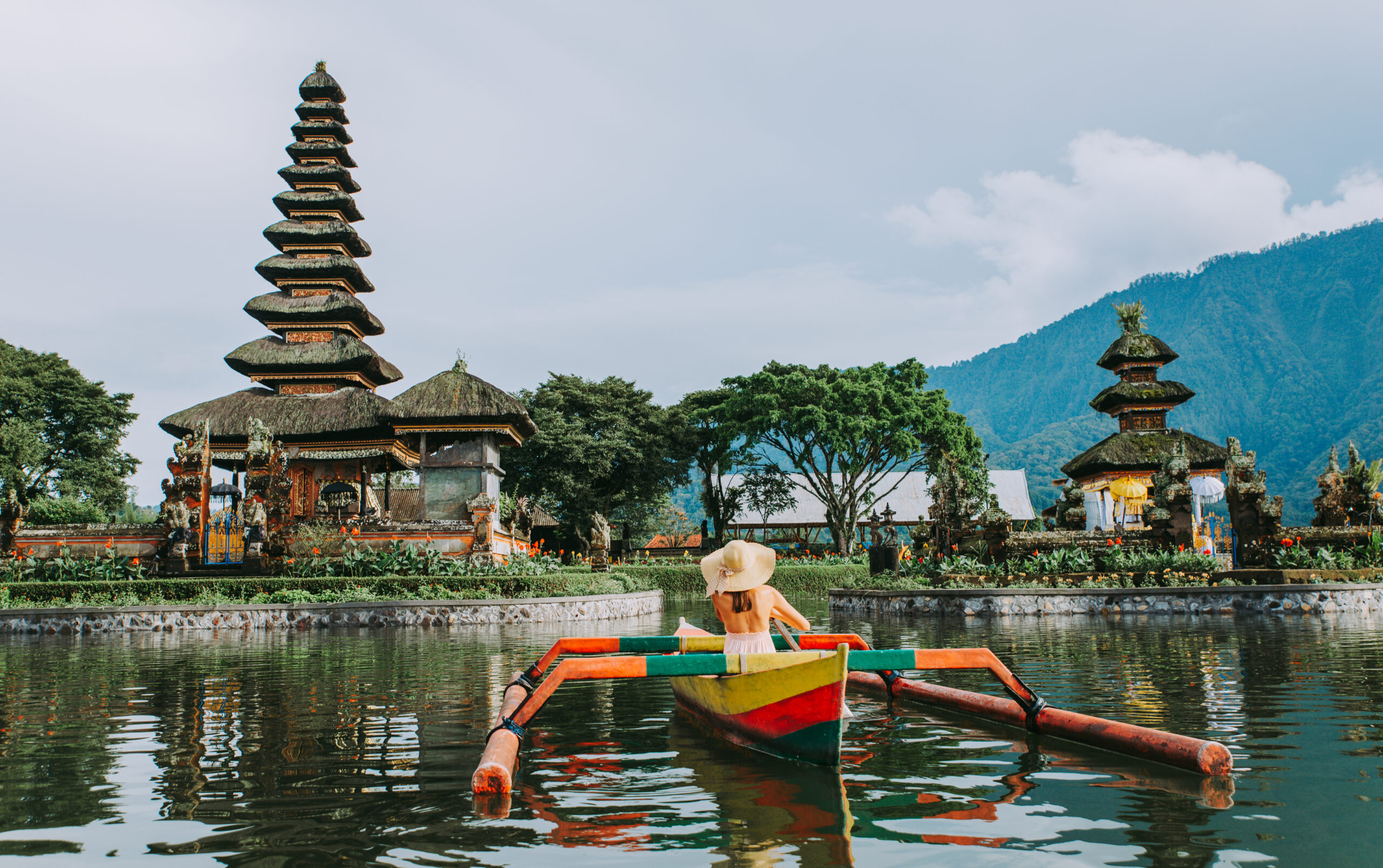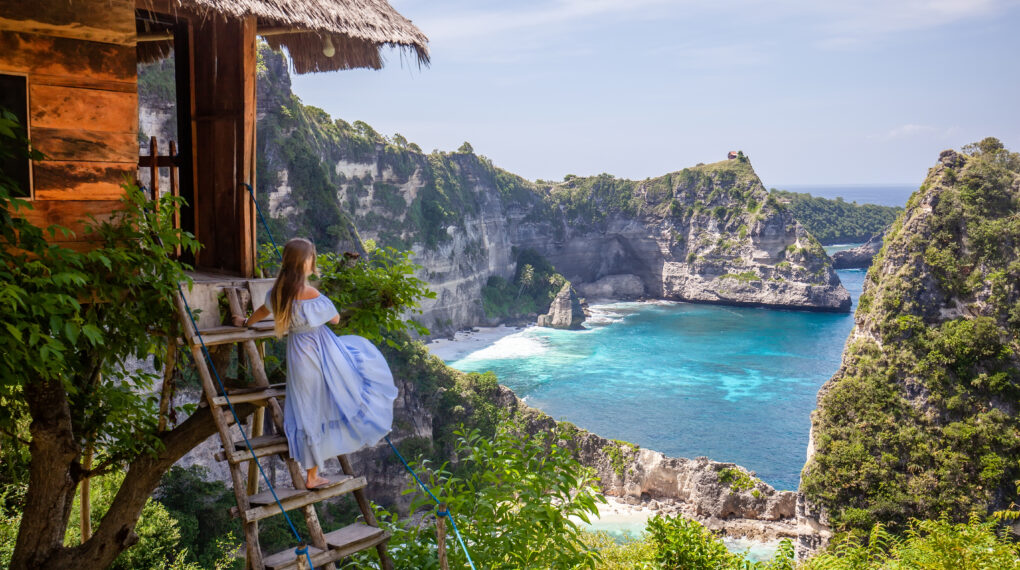Bali, once celebrated as a tropical paradise, is now grappling with the complexities of overtourism. While tourism remains a cornerstone of its economy, the island faces significant challenges that threaten its environmental sustainability, cultural integrity, and quality of life for its residents.
Environmental Strain

- Water Scarcity: Tourism accounts for over 65% of Bali’s groundwater consumption, leading to the depletion of rivers and wells. This overuse threatens traditional irrigation systems like the Subak, which have sustained Bali’s rice terraces for centuries.
- Plastic Pollution: Beaches like Kedonganan in Jimbaran are inundated with plastic waste, prompting environmental groups to declare a “garbage emergency.” Despite cleanup efforts, the issue persists, affecting Bali’s image as a sustainable destination.
- Coral Reef Degradation: Overuse and pollution have led to coral bleaching, endangering marine biodiversity and the livelihoods of local fishing communities.
Urbanization and Infrastructure Challenges
- Overdevelopment: The rapid expansion of hotels and resorts has led to the loss of agricultural land and green spaces. In 2024, Bali hosted 541 hotels, a significant increase from 249 a decade ago.
- Traffic Congestion: In December 2023, travelers were forced to walk 4 kilometers to reach the airport due to severe traffic jams, highlighting the strain on infrastructure.
- Waste Management: The influx of tourists has overwhelmed local waste management systems, leading to the accumulation of trash in public spaces and water bodies
Cultural and Social Impacts
- Cultural Commodification: Sacred Balinese traditions are increasingly tailored for tourist consumption, risking the dilution of cultural heritage.
- Economic Disparities: While urban areas benefit from tourism, rural communities face displacement and loss of livelihoods due to land conversion for tourism development.
- Local Livelihoods: The rise of foreign nationals acting as drivers and tour guides has led to protests by local tourism drivers, who argue that this practice undercuts their livelihoods.
Policy Responses and Future Outlook
- Tourist Tax: In 2024, Bali introduced a $9 mandatory tourist tax to fund conservation efforts. However, enforcement has been inconsistent, with only a third of tourists complying.
- Construction Moratorium: Authorities have proposed a two-year freeze on new hotel and nightlife construction to mitigate environmental impacts and preserve cultural heritage.
- Sustainable Tourism Initiatives: There is a growing emphasis on promoting “quality tourism” over mass tourism, focusing on eco-friendly practices and cultural sensitivity.
Bali stands at a crossroads, balancing tourism’s economic benefits with the imperative to preserve its unique environment and culture. To ensure a sustainable future for the island, collaborative efforts between the government, local communities, and tourists will be required.



